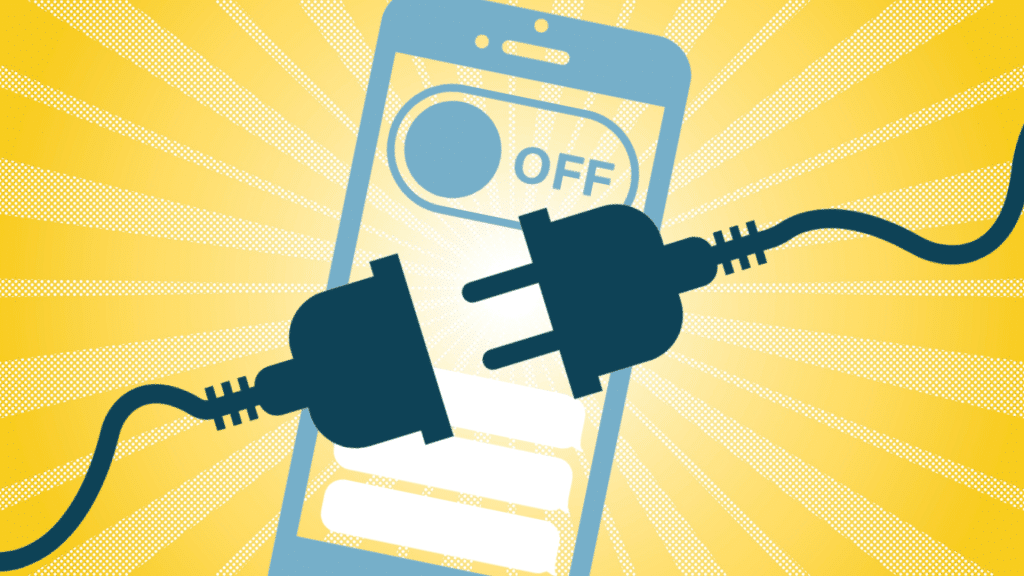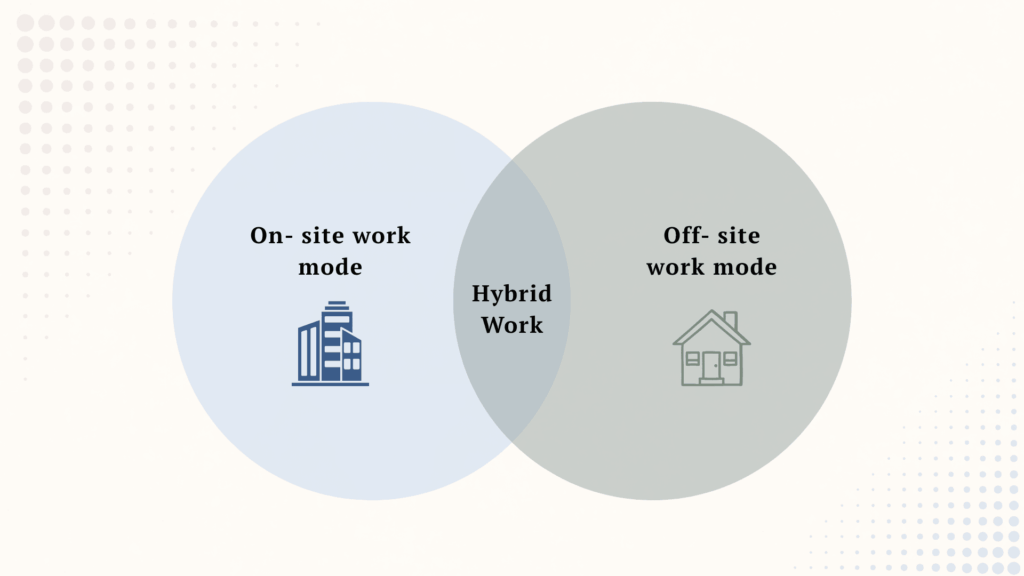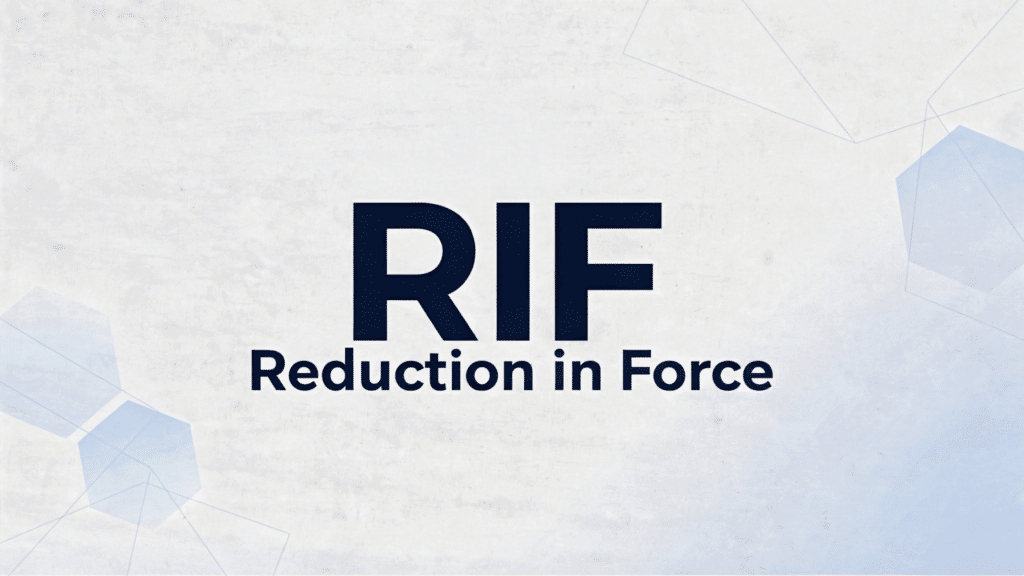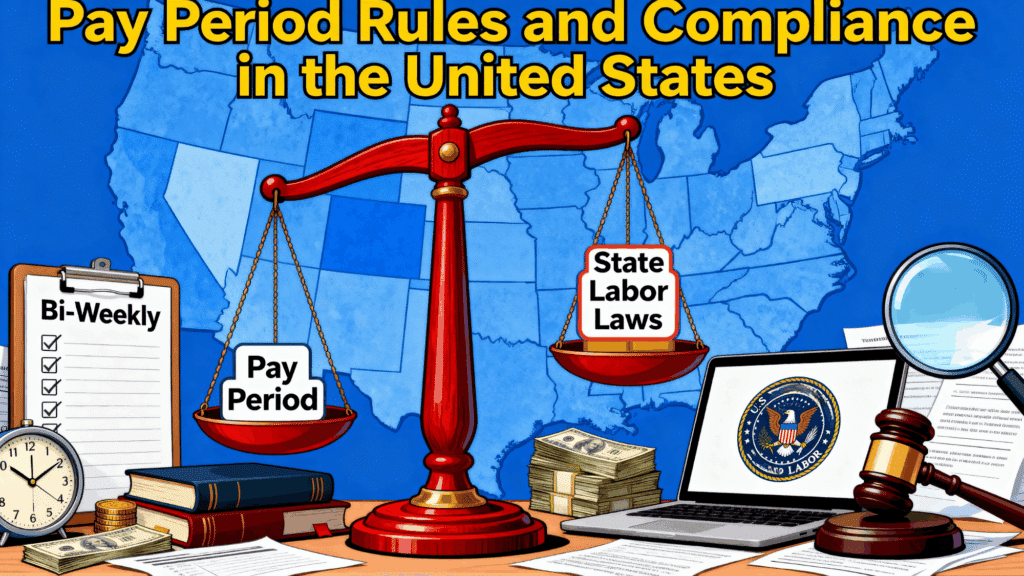It’s 9 PM on a Sunday, and your phone buzzes with work emails. You feel the pressure to check and respond, even though it’s your personal time.
This scenario plays out millions of times daily across the globe. The right to disconnect offers a solution to this problem.
This legal concept empowers workers to disregard work-related communications during their personal time.
It protects employees from being required to respond to emails, calls, or messages outside of work hours.
Many countries now recognize that workers require legal protection from the constant demands of the workplace.
Let’s look into what this right is and its impact on workplaces worldwide.
What is the Right to Disconnect?
The right to disconnect allows workers to legally refuse to engage with work-related communications outside their scheduled hours.
This includes emails, phone calls, text messages, and instant messaging apps like Slack or Teams.
This right applies to most employees across various sectors, including office workers, retail staff, healthcare professionals, and those working remotely.
Some exceptions exist for emergency services and critical infrastructure jobs where immediate response may be necessary.
Coverage Areas of the Right:
- Evenings and weekends when workers are off duty
- Vacation days and approved time off
- Public holidays that are recognized in their country
- Sick leave periods when employees are recovering
- This right doesn’t mean workers can never be contacted.
Global Perspective on the Right to Disconnect
The right-to-disconnect movement originated in Europe and is now spreading globally.
Different countries have taken varied approaches to protect workers from after-hours contact. These laws aim to protect workers from burnout while maintaining business flexibility and efficiency.
Each country balances worker rights with industry needs in a unique way.
| Country | Year Enacted | Coverage | Penalties for Employers | Key Features |
|---|---|---|---|---|
| France | 2017 | Companies with 50+ employees | Negotiated terms | Must create disconnect policies |
| Spain | 2021 | All employees | Up to €187,515 fines | Complete disconnect during rest |
| Italy | 2021 | Most workers | Regulatory sanctions | Protects rest periods |
| Belgium | 2022 | All workers | Legal consequences | Covers remote work |
| Portugal | 2021 | Private sector | Financial penalties | Bans after-hours contact |
| Australia | 2024 | Most employees | Fair Work disputes | “Unreasonable contact” standard |
Implications of the Right

The right to disconnect brings about significant changes in worker protection and workplace well-being.
These laws address modern workplace challenges that traditional labor protections have not covered.
1. Protecting Against Burnout
Constant connectivity leads to serious health problems. Workers who check emails after hours experience higher stress levels and sleep disruption.
Studies show that 67% of employees feel pressure to respond to work messages immediately, even during personal time.
The right to disconnect helps workers:
- Reduce chronic stress from always being “on call”
- Improve sleep quality by eliminating late-night work interruptions
- Lower anxiety levels about missing urgent messages
- Prevent digital exhaustion from continuous screen time
Workers feel more in control over their personal time and experience better mental health outcomes.
2. Better Work-Life Balance
This right creates clear boundaries between professional and personal time. Workers can focus fully on their family, hobbies, and rest without work-related distractions.
Workers gain back 5-8 hours per week on average when employers respect disconnect boundaries.
This time returns to family activities, personal interests, and proper rest.
3. Addresses Job Security
Many workers fear that ignoring after-hours messages will hurt their career advancement.
The right to disconnect legally protects workers from this pressure.
Protections ensure safety from disciplinary action for after-hours non-responsiveness and exclude it from performance evaluations.
Promotions depend on work-hour performance, and contract clauses prevent employers from demanding constant availability.
Challenges in Implementing the Right

While the right to disconnect offers clear benefits, implementing these laws creates real challenges for businesses and workers.
Several common obstacles emerge across different industries and regions.
1. 24/7 Industry Operations
Healthcare facilities, financial markets, and technology companies with global clients struggle with genuine emergency situations.
A Spanish software engineer might receive critical bug reports from Asian clients during evening hours.
Hospitals require doctors to be available for life-threatening emergencies outside of regular shifts.
2. Figuring Out What Counts as an Emergency
Companies often struggle to distinguish between genuine emergencies and routine communications.
Banks dealing with market crises, factories handling equipment failures, and logistics coordinators managing supply disruptions all require clear guidelines.
These guidelines face difficulty in defining what constitutes immediate response requirements.
3. Cross-Border Complications
Multinational companies face complex compliance requirements when operating in multiple countries.
Different legal standards can create confusion about which rules apply to which workers, especially for remote teams that span multiple time zones.
This can lead to inconsistent practices, as companies may struggle to align policies across diverse regions while adhering to local laws.
4. Worker Career Concerns
Many employees initially fear that ignoring after-hours messages will hurt their advancement opportunities.
This anxiety persists even when legal protections are in place, requiring extensive training and clear company policies to address it effectively.
Companies must actively communicate that disconnected compliance will not affect promotions, raises, or job security evaluations.
Future of the Right: Trends in Companies Adopting It
As more organizations recognize the importance of work-life balance, various strategies are emerging to integrate the Right to Disconnect into workplace culture.
Here are some key trends that contribute to its broader adoption:
1. Voluntary Company Policies
Many employers are creating disconnect policies before laws require them.
Companies like Microsoft, Google, and Deutsche Bank have implemented their own after-hours communication guidelines.
2. Industry-Specific Standards
Professional associations in law, consulting, and finance are developing best practices for after-hours contact.
These standards help companies strike a balance between client needs and worker well-being.
3. Union Contract Inclusion
Labor unions worldwide are including disconnect rights in collective bargaining agreements.
This approach offers immediate protection without requiring legislative action.
4. Digital Wellness Focus
Companies are investing in digital wellness programs that complement disconnect rights.
These programs teach employees healthy technology habits and stress management techniques.
These trends highlight the growing commitment to a healthy work-life balance, ensuring long-term well-being and productivity.
Conclusion
The Right to Disconnect marks an important shift in how we approach work boundaries in the digital age.
Legally protecting employees from after-hours communications allows workers to reclaim personal time, improve mental health, and maintain a better work-life balance.
Countries like France, Spain, and Australia show these laws work, with happier employees and more productive companies.
As technology continues to transform the way we work, these protections become increasingly vital.
How does your workplace handle after-hours messages?
Share your experiences and thoughts in the comments below.
Frequently Asked Questions
Are Freelancers and Contractors Covered by Disconnect Laws?
Coverage varies by country. Some laws protect only traditional employees, while others include certain contractors.
Check your local regulations for specific coverage details.
How Do Companies Handle Urgent Client Requests After Hours?
Companies often establish client communication policies that outline response timeframes. Many establish emergency contact procedures for genuine urgent situations only.
Can Workers Negotiate Stronger Disconnect Terms in Employment Contracts?
Yes, employees can negotiate enhanced disconnect provisions beyond legal minimums.
Union contracts often include stronger protections than basic legal requirements.










